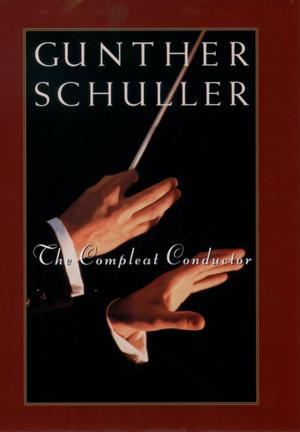Trial Consulting
Nonfiction, Health & Well Being, Psychology, Forensic Psychology, Pathological Psychology| Author: | Amy J. Posey, Lawrence S. Wrightsman | ISBN: | 9780190293017 |
| Publisher: | Oxford University Press | Publication: | July 7, 2005 |
| Imprint: | Oxford University Press | Language: | English |
| Author: | Amy J. Posey, Lawrence S. Wrightsman |
| ISBN: | 9780190293017 |
| Publisher: | Oxford University Press |
| Publication: | July 7, 2005 |
| Imprint: | Oxford University Press |
| Language: | English |
In its roughly 25 years of existence, the trial consulting profession has grown dramatically in membership, recognition, and breadth of practice. What began as a small activist group of social scientists volunteering their expertise to assist in the defense of Vietnam War protestors has evolved into a diverse set of professionals from a range of educational and professional backgrounds. In spite of such enormous growth, the work of trial consultants has gone largely unexamined. Trial Consulting takes an in-depth look at the primary activities of trial consultants, including witness preparation, focus groups and mock trials, jury selection, change of venue surveys, and attorney presentation style. It also examines the profession's struggle to define itself, resisting certification and licensure requirements and settling instead for a set of practice standards. The authors draw upon empirical and other scholarly work in the social sciences, recommended "best practices" from trial lawyers, and the written and spoken recommendations and reflections of the trial consultants themselves. Addressing a broad spectrum of topics ranging from handwriting analysis to medical malpractice cases, they also suggest reforms for improving the profession and the efficacy of the trial consultant in the courtroom. The result is a critical analysis of what trial consulting truly adds to, and detracts from, the administration of justice. This book is an indispensable guide for practicing and aspiring trial consultants as well as the judges, attorneys, and psychologists who work with them. Trial Consulting provides a thought-provoking statement on the state of the profession, and students and professionals alike will benefit from the challenges it offers.
In its roughly 25 years of existence, the trial consulting profession has grown dramatically in membership, recognition, and breadth of practice. What began as a small activist group of social scientists volunteering their expertise to assist in the defense of Vietnam War protestors has evolved into a diverse set of professionals from a range of educational and professional backgrounds. In spite of such enormous growth, the work of trial consultants has gone largely unexamined. Trial Consulting takes an in-depth look at the primary activities of trial consultants, including witness preparation, focus groups and mock trials, jury selection, change of venue surveys, and attorney presentation style. It also examines the profession's struggle to define itself, resisting certification and licensure requirements and settling instead for a set of practice standards. The authors draw upon empirical and other scholarly work in the social sciences, recommended "best practices" from trial lawyers, and the written and spoken recommendations and reflections of the trial consultants themselves. Addressing a broad spectrum of topics ranging from handwriting analysis to medical malpractice cases, they also suggest reforms for improving the profession and the efficacy of the trial consultant in the courtroom. The result is a critical analysis of what trial consulting truly adds to, and detracts from, the administration of justice. This book is an indispensable guide for practicing and aspiring trial consultants as well as the judges, attorneys, and psychologists who work with them. Trial Consulting provides a thought-provoking statement on the state of the profession, and students and professionals alike will benefit from the challenges it offers.















